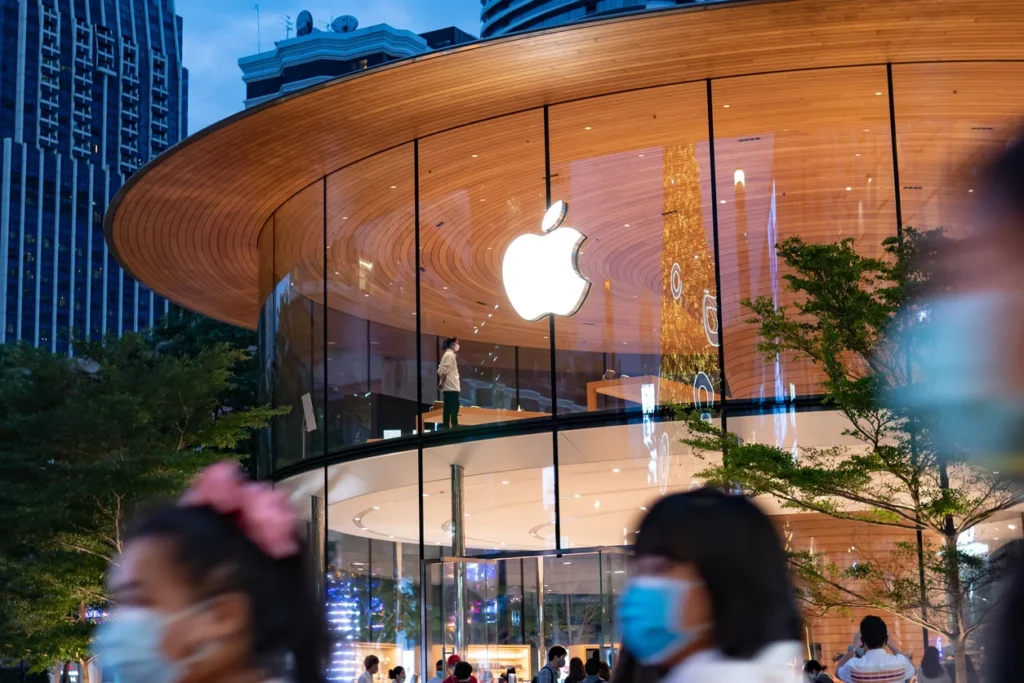Steve Jobs was not just a businessman; he was a true visionary who redefined the way we interact with technology. As the co-founder of Apple, Jobs played a crucial role in shaping the modern digital world, from personal computing to smartphones and digital media. His passion for innovation, design, and user experience made Apple one of the most influential tech companies in the world.
Early Life and the Birth of Apple
Born on February 24, 1955, in San Francisco, California, Steve Jobs was adopted by Paul and Clara Jobs. From an early age, he showed an interest in electronics and technology. After attending Reed College briefly, Jobs dropped out but continued to explore his passion for computers and design.
In 1976, Jobs, along with his friend Steve Wozniak and Ronald Wayne, founded Apple Computer in a garage. Their first product, the Apple I, was a simple yet powerful personal computer that set the stage for the technology revolution. With the introduction of the Apple II, Apple became a household name, leading to massive success in the personal computing industry.
The Macintosh: A Revolution in Computing
In 1984, Jobs introduced the Macintosh, the first mass-market computer with a graphical user interface (GUI). This innovation changed the way people interacted with computers, making them more user-friendly and accessible to the masses. The famous “1984” Super Bowl commercial for the Macintosh is still considered one of the greatest ads of all time.
Despite this success, Jobs faced internal conflicts at Apple and was forced out of his own company in 1985. However, his departure marked the beginning of another transformative phase in his career.
NeXT and Pixar: Reinventing Himself
After leaving Apple, Jobs founded NeXT, a company that focused on high-end computers for businesses and education. Although NeXT did not achieve commercial success, its technology later became the foundation for macOS and iOS.
At the same time, Jobs acquired Pixar Animation Studios from George Lucas in 1986. Under his leadership, Pixar revolutionized the animation industry, producing iconic films like Toy Story, Finding Nemo, and The Incredibles. Pixar’s success ultimately led to its acquisition by Disney, making Jobs the largest individual shareholder of Disney.
The Return to Apple: A New Era

In 1997, Apple acquired NeXT, bringing Jobs back to the company he co-founded. His return marked a turning point for Apple, which was struggling financially. Jobs wasted no time in restructuring the company and introduced a series of groundbreaking products:
The iMac (1998)
The colorful, all-in-one iMac brought Apple back into the spotlight, showcasing its focus on design and simplicity.
The iPod (2001)
With the launch of the iPod and iTunes Store, Jobs transformed the music industry by making digital music accessible and convenient.
The iPhone (2007)
Perhaps the most significant innovation of Jobs’ career, the iPhone redefined mobile technology. Combining a phone, iPod, and internet device, the iPhone became a game-changer in the smartphone industry.
The iPad (2010)
Jobs continued to innovate with the iPad, creating a new category of devices that bridged the gap between smartphones and laptops.
The Legacy of Steve Jobs
Steve Jobs passed away on October 5, 2011, after battling pancreatic cancer. However, his impact on technology and design remains unparalleled. His ability to anticipate consumer needs, focus on aesthetics, and push for innovation transformed multiple industries, including computing, music, mobile phones, and animation.
Lessons from Steve Jobs
- Think Differently – Jobs encouraged creativity and out-of-the-box thinking, inspiring people to challenge the status quo.
- Focus on User Experience – Apple’s success was built on intuitive and user-friendly designs.
- Never Settle for Less – Jobs was a perfectionist who believed in delivering only the best products.
- Embrace Failure – Even after being ousted from Apple, Jobs continued innovating and eventually returned stronger.
Conclusion
Steve Jobs was more than just a technology leader; he was a visionary who transformed the way we live and work. His relentless pursuit of innovation and excellence continues to influence modern technology. From personal computers to smartphones, Jobs’ legacy lives on in every Apple product, inspiring future generations to dream big and think differently.
Also Read : 10 American Entrepreneurs Revolutionizing Global Industries






